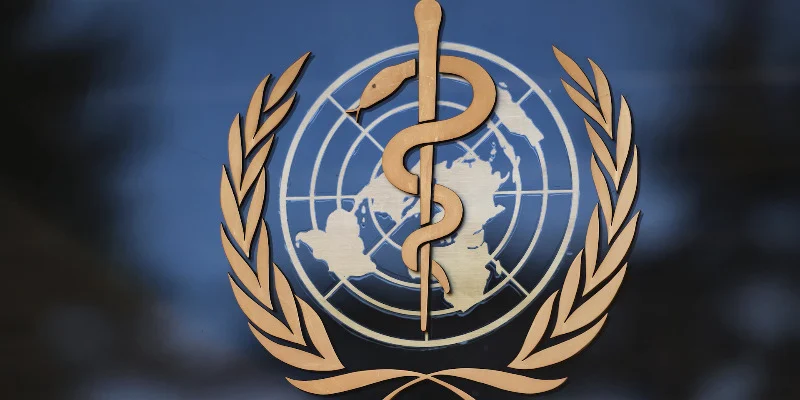Breaking News
WHO Warns: No Level of Alcohol Consumption Is Safe
The World Health Organization says no amount of alcohol is safe. Even light or moderate drinking raises the risk of cancer, heart disease, and liver damage. Doctors stress that quitting brings immediate health benefits.

The World Health Organization (WHO) has cautioned that no amount of alcohol is safe, stressing that drinking damages vital organs including the heart, brain, and liver. Alcohol is classified as a Group 1 carcinogen — the same category as tobacco — and has been conclusively linked to at least seven types of cancer.
Research shows that even light or moderate drinking raises the risk of heart disease, liver problems, depression, and other health issues. Experts emphasize that every glass, no matter how small, carries consequences. However, they also note that the human body begins to recover as soon as alcohol is reduced or stopped.
Professor Debbie Shawcross, a liver specialist at King’s College Hospital, London, explained:
“In the first few weeks there will be improvements in sleep quality, concentration, hydration and digestion. In the long term, blood pressure will drop and stress on the liver will reduce.”
Doctors add that whether individuals cut down or quit completely, the chances of living longer and healthier rise from day one.
Alcohol disrupts the body in multiple ways — sedating the brain instead of aiding sleep, raising blood pressure, irritating the stomach, and fueling inflammation that can trigger clots, heart attacks, and strokes. Over time, it shrinks brain tissue, impairs memory, disrupts mood-regulating chemicals, and forces the liver into overdrive, potentially leading to cirrhosis and cancer.
The positive news is that recovery begins quickly: within days of quitting, reflux and indigestion often ease, energy levels improve, and sleep deepens. Within weeks, blood pressure falls, and within months, brain chemistry stabilizes. Long-term, the risks of cirrhosis, cancer, and heart disease steadily decline.
While guidelines advise no more than 14 units a week — about six pints of beer or 10 small glasses of wine — studies show even a single drink per week raises cancer risk by 3%. One daily small glass of wine increases breast cancer risk by 15%, and two bottles of wine weekly raise it by 27%.
Alcohol remains one of the leading causes of preventable disease worldwide, killing thousands each year. The medical consensus is clear:
every drink adds risk — but every day without alcohol begins the process of healing.










